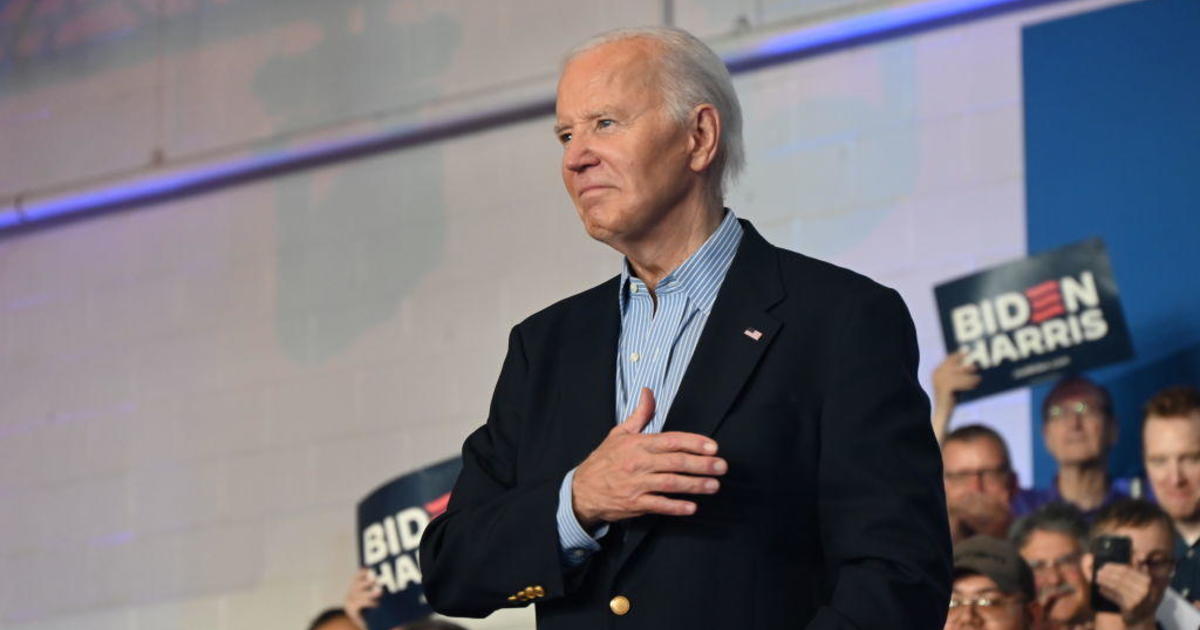President Biden’s campaign has come under scrutiny after it was revealed that they provided lists of approved questions to two radio hosts who conducted the first interviews with him following his lackluster debate performance. The interviews, which took place on Black radio shows in Wisconsin and Pennsylvania, were meant to give Mr. Biden an opportunity to demonstrate his ability to answer questions and discuss his record after struggling during the debate against former President Donald Trump.
Radio host Earl Ingram, who hosts “The Earl Ingram Show” broadcast statewide across 20 Wisconsin outlets, disclosed that Mr. Biden’s aides reached out to him directly for his interview and provided him with a list of four questions in advance. According to Ingram, there was no negotiation about the questions, as they were given to him by the campaign. This revelation raised concerns about the level of control exerted by the Biden campaign over the narrative and the topics discussed during the interviews.
Biden campaign spokesperson Lauren Hitt defended the practice, stating that it is not uncommon for interviewees to share topics they would prefer to discuss. Hitt emphasized that the questions provided were relevant to the news of the day and that hosts were free to ask any questions they deemed appropriate. However, a Biden administration official clarified that the White House was not involved in the preparation for the interviews and that providing questions to interviewers is not standard practice for the administration.
Despite efforts to restore faith in Mr. Biden’s ability to govern and campaign effectively, the disclosure of the pre-approved questions raised doubts about his ability to perform in spontaneous and unscripted moments. The interviews were seen as an opportunity for Mr. Biden to address concerns about his debate performance and reassure voters about his capabilities, but the scripted nature of the questions undermined this goal.
During his interview with Ingram, Mr. Biden emphasized the high stakes of the upcoming election, highlighting the importance of democracy, freedom, and the economy. He addressed questions about his record, the significance of Black voters in the election, and the impact of individual votes on the outcome. Additionally, he responded to criticism of his debate performance and comments made by Trump during the debate.
In a separate interview with Andrea Lawful-Sanders, host of “The Source” on WURD in Philadelphia, Mr. Biden faced a similar situation where he was provided with a list of eight questions, from which he approved four. This further emphasized the controlled nature of the interviews and raised questions about the transparency and authenticity of Mr. Biden’s interactions with the media.
While the Biden campaign defended the practice of providing approved questions as a way to ensure that relevant topics were addressed, critics viewed it as a form of manipulation and censorship. The incident sparked a debate about the role of media in shaping political narratives and the need for open and honest communication between candidates and interviewers.
Moving forward, the Biden campaign stated that they would refrain from offering suggested questions to interviewers, acknowledging the concerns raised by the public and the media. The campaign recognized the importance of allowing for spontaneous and unscripted interactions to build trust and credibility with voters.
Overall, the controversy surrounding the pre-approved questions provided to radio hosts during Mr. Biden’s interviews highlighted the challenges faced by political candidates in navigating media interactions. It underscored the delicate balance between controlling the narrative and allowing for genuine engagement with the public, raising important questions about transparency, authenticity, and accountability in political communication.









